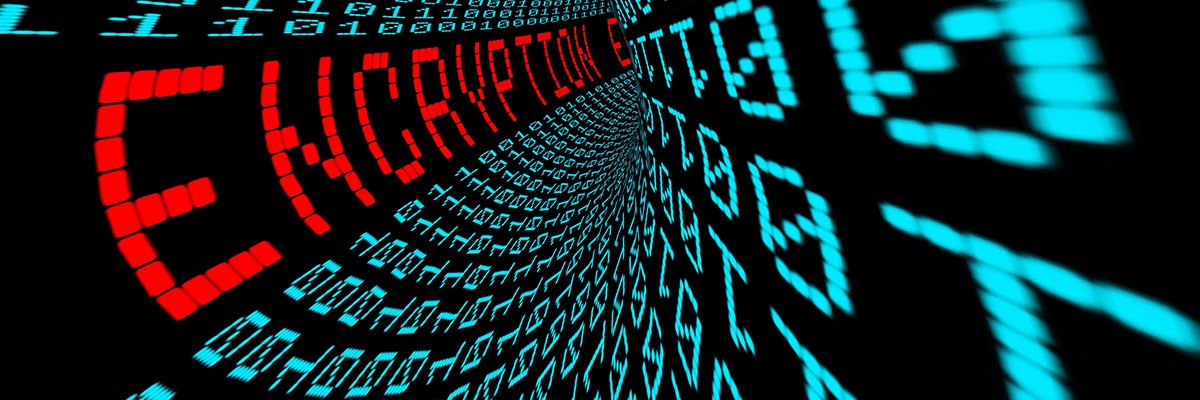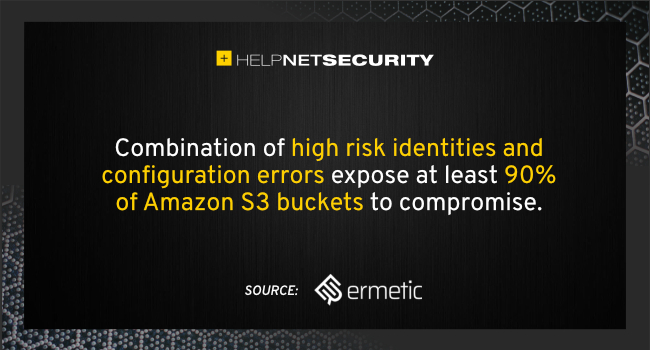French Supreme Court rejects EncroChat verdict after lawyers question secrecy over hacking operation
France’s Supreme Court has referred a criminal case that relies on evidence from the hacked EncroChat encrypted phone network back to the court of appeal after finding that prosecutors failed to disclose sufficient information about the hacking operation.
The Cour de Cassation in Paris found that French investigators and prosecutors had failed to supply a certificate to authenticate intercepted phone data and messages obtained from EncroChat phones as required by French law. There was also an absence of technical data about the hacking operation, the court found.
French police and prosecutors refused to disclose how a joint Dutch and French operation to hack EncroChat, which led to thousands of arrests of suspected organised criminals around the world, was undertaken – citing defence secrecy.
Defence lawyer Robin Binsard, co-founder of law firm Binsard Martine, which took the case to the Supreme Court, said last night that the case would be re-heard by the court of appeal to determine whether adequate legal guarantees were in place.
“The Supreme Court stated that, in the absence of a certificate of truthfulness, the evidence covered by defence secrecy could not be legal. The case will be sent to another court to see if the certificate exists. In the meantime, there is no guarantee of validity of evidence from EncroChat,” he wrote on Twitter.
“The Supreme Court stated that in the absence of a certificate of truthfulness, the evidence covered by defence secrecy could not be legal. The case will be sent to another court to see if the certificate exists. In the meantime, there is no guarantee of validity of evidence from EncroChat”
Robin Binsard, Binsard Martine
The hearing follows an operation by French cyber experts to harvest 120 million messages from EncroChat phone users in multiple countries, in a novel interception operation that provided a rich source of intelligence and evidence on the activities of criminal groups in 2020.
In the UK, the National Crime Agency (NCA), working with regional organised crime units, the Metropolitan Police and other law enforcement agencies, made more than 2,600 EncroChat-related arrests using the French data by…






